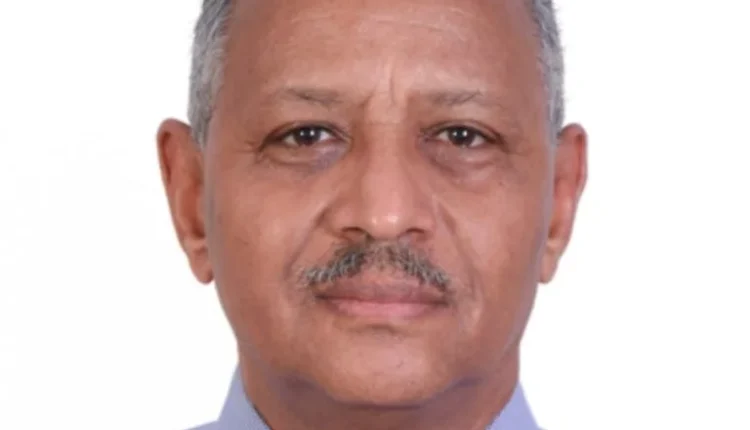Localising the Sudanese Dialogue (2–2)

By Obaid A. Murawih
In the previous article, we stated that the Sudanese–Sudanese dialogue is not an end in itself, but rather a means to achieve national reconciliation and healing, enabling the Sudanese people to collectively decide how to manage the transitional period after the war ends and how their country should be governed in the future. From this perspective, everyone should participate in the dialogue — except those who refuse to or insist on imposing their political agenda at gunpoint.
We also noted that since trust among Sudan’s political and social forces is partly fragile and partly non-existent, the role of external actors should be limited to complementing the requirements of the dialogue — not in setting its agenda nor in managing how it is conducted — and should be confined solely to providing logistical support and observation. This would reassure sceptics and the fearful that their safety is guaranteed throughout the dialogue process and that they are free to return to their places of residence abroad at any time.
In this second part of the article, we elaborate on the reasons for rejecting any external party’s involvement in setting or controlling the agenda of the Sudanese dialogue, in light of the recent experience following the fall of the Salvation regime in 2019.
External actors played an extremely negative role during the period that followed the fall of the Salvation regime. Instead of investing in the capacity-building of political forces to create a mature party system capable of presenting programmes for democratic transformation and national revival — thereby preparing the ground for the people to choose their representatives through the ballot box — these actors focused their efforts on re-engineering Sudan’s political and social landscape. They marginalised political forces they disfavoured and isolated those whose positions did not align with their plans. They interfered in the amendment of national laws and educational curricula, and did everything possible to empower certain groups — labelled as “civilian” — to govern without any form of popular mandate or political consensus.
Indeed, the war that our country has endured — and our people have suffered from — for the past three years is a direct outcome of the policies and positions of these external actors, who have dominated the scene since April 2019, at times under the banner of the Troika and at other times under the so-called Quartet. The other face of these same policies has been the persistent attempts to drive wedges between the components of Sudanese society and sow discord among its sectors — keeping tensions alive as a trigger that could be reignited whenever such powers see it serving their interests. The result, inevitably, is that the flames of war in Sudan remain burning, denying the country stability and its people safety — for as long as its rulers refuse to submit to anyone’s control.
Therefore, the first step that must be taken by the current authorities, together with the political and social forces aligned under the banner of the “Battle of Dignity”, is for these parties to define the agenda of the Sudanese–Sudanese dialogue through an agreed-upon mechanism tasked with handling the technical aspects of the process. The authorities, represented by the Sovereignty Council and the Council of Ministers, should announce their sponsorship of the dialogue and provide guarantees to any political or civil opposition forces wishing to participate.
Such a step would pull the rug from under the feet of those external actors who claim to care about the Sudanese people’s interests while being, in fact, far removed from them. Yet, this step alone will not suffice to ensure the success or localisation of the dialogue; all participants must free their will from external influence, placing the nation above their political factions, and the aspirations of Sudanese citizens above their own ambitions.
Shortlink: https://sudanhorizon.com/?p=7967

